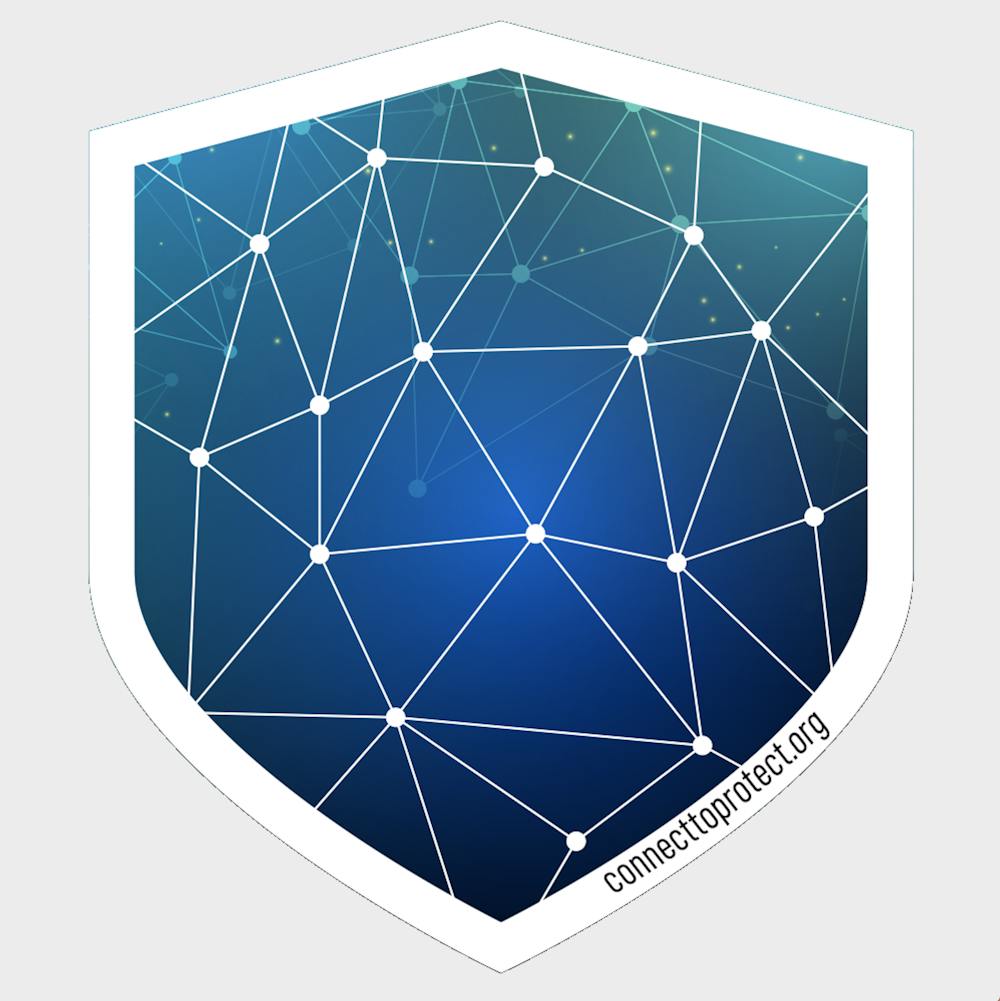Connect to Protect is a digital integrated marketing campaign aimed at reducing targeted violence in the Hopkins community by creating an inclusive and positive environment for students. The campaign held its first trivia game through video conference service Zoom on Thursday, April 2 and the second on April 9.
The Advertising and Integrated Marketing Communications class founded the campaign in conjunction with the McCain Institute, a nonpartisan thinktank.
Junior Christine Cho, one of the co-CEOs, described the purpose of the project in a email to The News-Letter.
”Every year, the class is given a client and topic to work with to create a campaign. This year, we have the pleasure of working with the McCain Institute to create a campaign surrounding targeted violence, and we are specifically focusing on racism,” Cho wrote.
Cho stated that she and junior Cecilia Camille Zayas, the other co-CEO, had conducted in-depth research to determine which issues the University community was most concerned with, and decided to attack racism as a result. Zayas explained this process in an email to The News-Letter.
“After conducting a survey, multiple in-depth interviews, and a focus group, we decided to center our campaign around the idea of inclusivity and connecting with each other to protect each other, especially populations that are more vulnerable to targeted violence,“ Zayas wrote. “We hope this campaign will make our campus and the surrounding community of Baltimore a more inclusive place where microaggressions and more targeted acts are not tolerated in any way and instead people work to promote inclusion.”
Cho believes that a campaign such as this one is extremely important, especially in times like this, where minorities are unfairly singled out and targeted.
“Especially with the outbreak of COVID-19, racism is becoming widespread, with minorities being targeted. It’s imperative that the student body feels safe and welcomed in their own community, and so our campaign is working to raise awareness of targeted violence while emphasizing the importance of inclusivity and connectivity as methods of combating racism,” Cho wrote.
The campaign holds weekly trivia events on the game-based learning platform, Kahoot, where students can interact with the campaign and compete to win prizes. The campaign moved online following the cancellation of classes due to coronavirus (COVID-19).
“We had 80 participants at our first event and had a high engagement rate and hope to see more people join us in the future! Our event survey showed high rates of approval and also showed that most people learned something by participating,“ Zayas wrote. “Aside from helping everyone to have fun, we hope people will learn about targeted violence and how to prevent it from our questions. We are also conducting a few social media initiatives such as a snapchat challenge.”
Senior Yeena Yoon participated in the event. She wrote in an email to The News-Letter that she found some of the questions particularly interesting, such as asking the number of students who fear race-related violence.
“I think being at home with all of the social distancing measures mainly pushed me to participate,” Yoon wrote. “It was a fun way to distract myself from everything that was going on.”
Yoon also praised the efficiency of the event and stated that she signed up to participate in the second event.
“I was also pleasantly surprised by how smoothly the Zoom session ran with 70+ people, and how they facilitated the Kahoot game,” Yoon wrote. “Every question I got right felt like a small victory and the game brought a sense of friendly competition that we don’t really get to have being virtually distanced.”
Zayas explored the adaptations to their campaign due to the coronavirus pandemic.
“We were going to put on events such as a beach day and different tabling events on the breezeway where people could win prizes and interact in person,“ Zayas wrote. “Not having in person events put a larger emphasis on our social media. We also planned to film multiple videos using equipment from the [Digital Media Center]. The advertising and multimedia dept. had to completely start over with their video ideas and come up with concepts that could be achieved at home, while social distancing, using minimal equipment.”
Cho stated that she remained hopeful that they will create an impact that will last beyond the three weeks that the campaign will run.
“I expect that our campaign will be very successful in the future. Our online trivia events have helped unify students dispersed around the world on one platform to engage with other students and learn about our campaign and why it is important,” Cho wrote. “By engaging with this campaign, our hope is that the student body will come together to help combat these acts of microaggression and connect to protect each other.”
The Connect to Protect campaign will hold its third and last Zoom trivia event on April 16.
Opinions Editor Ariella Shua is part of Connect to Protect. She did not contribute reporting, writing or editing to this article.
Correction: The article originally named Cho and Zayas as the co-founders of Connect to Protect. The campaign was founded by all the members of the Advertising and Integrated Marketing Communications Class, with Cho and Zayas acting as the co-CEOs.
The News-Letter regrets this error.





